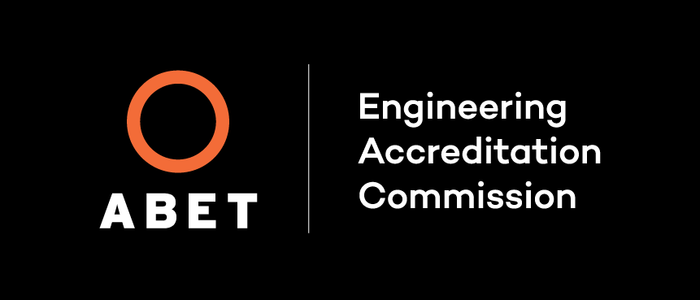Penn State Harrisburg offers two related programs in the area of civil, construction, and environmental engineering: Civil Engineering (CE) and Structural Design and Construction Engineering Technology (SDCET). The CE program prepares students to perform duties in planning, designing, and supervision of heavy construction and maintenance of structures and facilities with focus on structural, construction, transportation, and environmental engineering. The SDCET program emphasizes structural design principles and construction techniques, preparing students for a career in the construction and design of commercial buildings and bridges.



